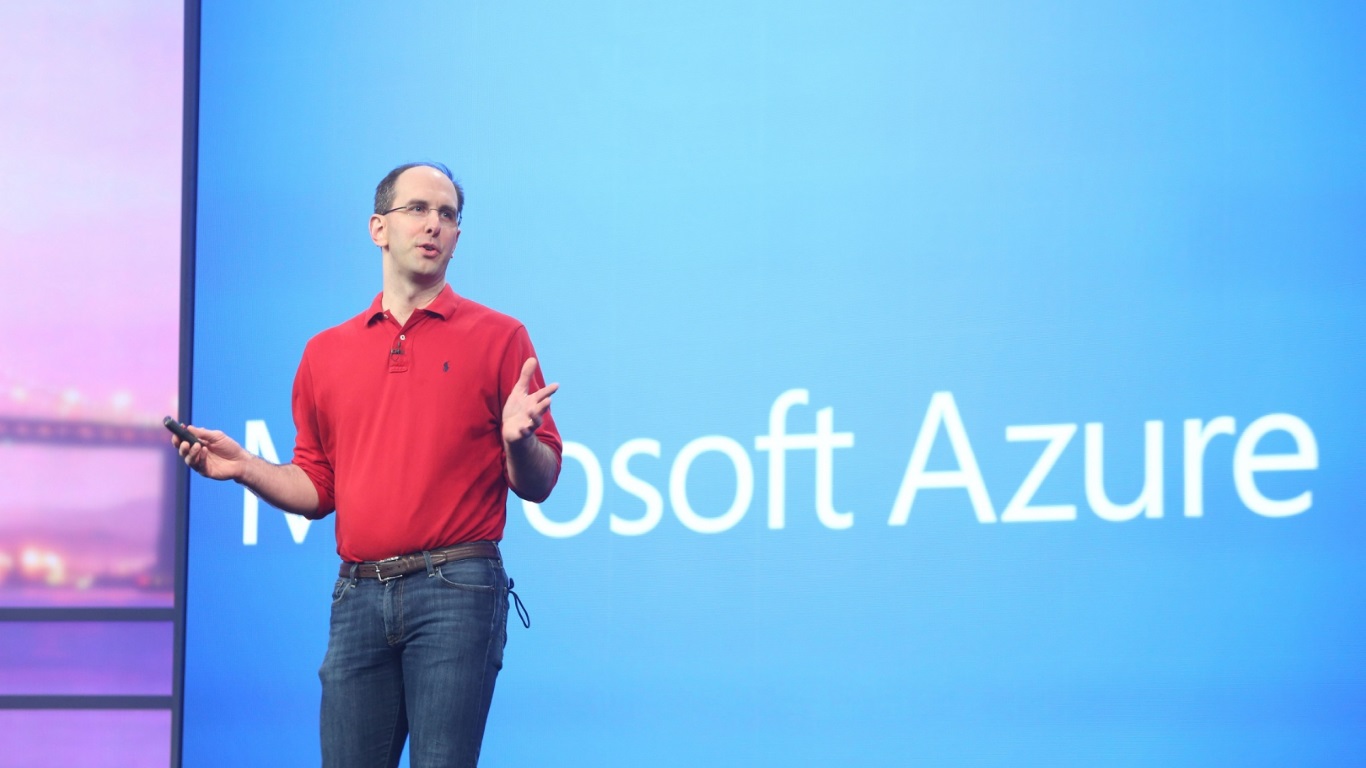 NEWS
NEWS
 NEWS
NEWS
 NEWS
NEWS
![]() Hot on the heels of revealing how it’s planning to integrate containers into Windows, Microsoft Corp. has pulled the curtains back on a complementary clustering system meant to simplify the deployment of applications that use the lightweight virtualization technology. In particular, the addition takes aim at cloud-style workloads based upon the concept of microservices.
Hot on the heels of revealing how it’s planning to integrate containers into Windows, Microsoft Corp. has pulled the curtains back on a complementary clustering system meant to simplify the deployment of applications that use the lightweight virtualization technology. In particular, the addition takes aim at cloud-style workloads based upon the concept of microservices.
The emerging development paradigm revolves around breaking up complicated software into discrete components, each of which is tasked with handling a specific function. That approach takes advantage of containers to modularize the different parts in a way that allows for individualized management, which helps provision infrastructure on a fine-grained basis and simplifies the implementation of updates.
But that comes at the expense of increased complexity down the stack in the orchestration of the underlying microservices, which can end up scattered across thousands of containers. That required early adopters such as Microsoft to build specialized tooling in order to run their vast clouds, technology that it’s now making available to the public.
Service Fabric provides capabilities for automating the provisioning of microservices and everything that entails, which encompasses a lengthy administrative checklist that would take far too long to go through manually for every single instance in a large-scale implementation. The system determines the best place to deploy a component, allocates the necessary resources along with the required data and then hooks it up to the network.
Much of the ongoing maintenance needed from there onward can also be handled through the service, including replacing malfunctioning services and propagating updates. Microsoft boasts that the functionality is already being used to power some of its most recognizable offerings, including Skype for Business and Cortana.
In that sense, Azure Service Fabric shares a common background with Kubernetes, an open-source alternative from Google that’s credited with sparking the orchestration arms race in the container community and that likewise traces its roots to internal administrative demands. But in terms of positioning, the service is more similar to the homegrown clustering engine that Amazon is offering for its container service – and not not only because both launched in response to the search giant.
Like Amazon’s entry, Service Fabric is a platform-specific, proprietary solution, which makes it vulnerable to the open-source strategy that Google is pursuing. Releasing Kubernetes under a free license has earned it tremendous community support that already has resulted in integration with every major infrastructure-as-a-service platform, including Microsoft’s, and will inevitably spread to Windows Server once the native containerization functionality becomes available.
That will afford organizations the convenience of using the same clustering system across their entire infrastructure regardless of operating system, which should tilt the balance towards Kubernetes in hybrid cloud scenarios, which area one of the top use cases for containers. Microsoft plans to match that by adding support for Linux at a yet-unspecified future date, but Google’s open-source project will likely have expanded its lead even further by then.
An early cloud-based version of Service Fabric is set to launch at Microsoft’s upcoming developer conference later this month. That will be followed by an implementation built directly into the forthcoming container-powered release of Windows Server, which is due to come out sometime next year.
THANK YOU